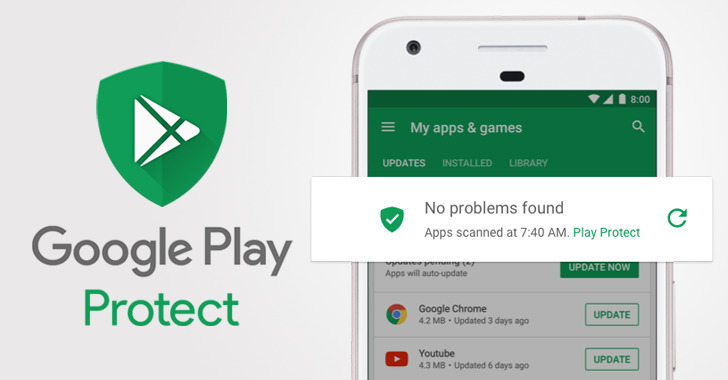
Privacy has become a hot topic in technology in recent years, especially on mobile phones. Apple even makes it an important selling point for its products, especially iPhone and iOS. Google has worked to change Android images as a Wild West for the application of privacy violations, and it introduces a new section on the Google Play Store to guide users about their applications with their data. Of course, it doesn’t happen with magic, and Google now encourages developers to start sending the necessary information before the deadline of 2022.
There are various kinds of applications that collect various user data, from details about the phone, this application runs to more sensitive information such as e-mail addresses. Android OS tries to limit applications from using data they don’t need, but sometimes it cannot be avoided. Now Google uses the power of the Google Play platform to make developers more advanced with what data they collect, how they collect it, and what they do with them.
Google announces this new data safety department that will appear in each application description on the Google Play Store last July, and now kickstarting the shipping process. The developer must send the information needed for this new system to work, and they can start doing it now. Google admitted that the work involved would not be trivial, but promised that it would make everything as easy as it could make it.
The security description of this data will not be seen by end users until February 2022, but the developer has up to 2022 April to declare the necessary information. All applications on the Google Play Store will be asked to comply with this privacy policy, and those who will not obey will see their application or submission of updates rejected until they obey.
The requirements of this data safety department only apply to Android applications on the Google Play Store, of course, and the App Store or APK out of it is a fair game. Google will most likely make it a point of sale for Google Play as a feature that protects user privacy. Of course, this only works if the developer is honest in sending information and if the user will actually check that part before they install the application.
